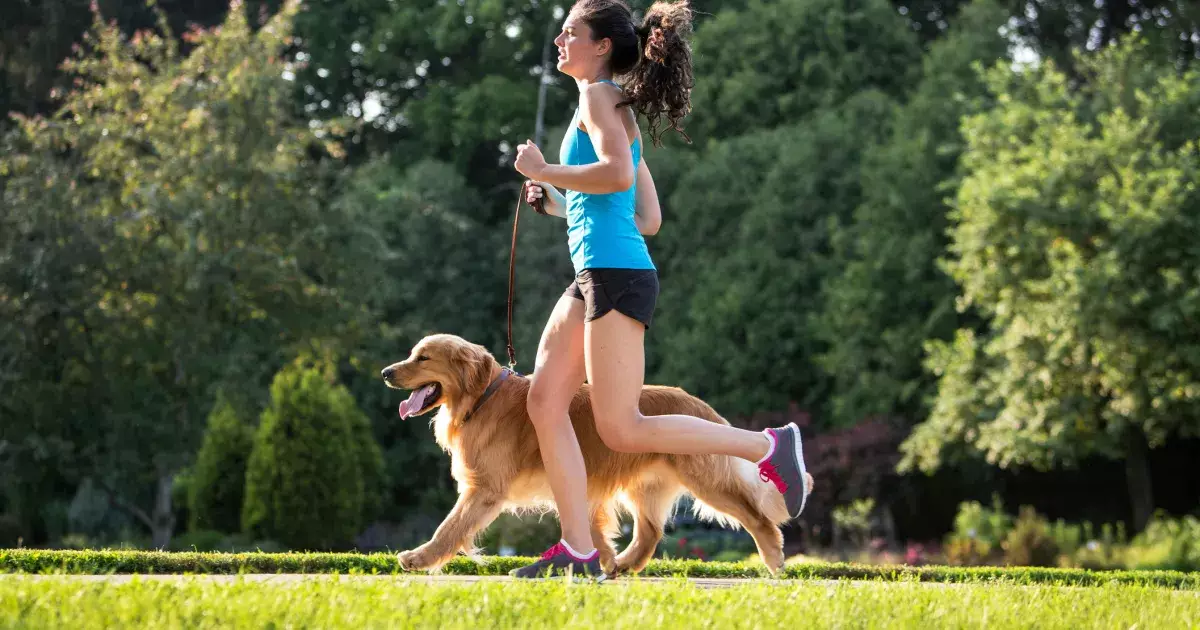Many dog owners are faced with a critical decision regarding the spaying or neutering of their pets. While health benefits and behavioral improvements are often emphasized, there is an equally pressing concern that deserves attention: managing your dog’s weight after these procedures. This article delves into the importance of weight control for dogs post-surgery, providing insights and practical tips to help owners navigate this journey.
Spaying and neutering are common surgical procedures that many pet parents opt for to mitigate health risks and curb unwanted behaviors. These surgeries can greatly decrease the likelihood of certain diseases, such as cancers of the reproductive organs. However, one significant downside that tends to fly under the radar is the propensity for weight gain in dogs post-operation. This concern is particularly prominent in larger breeds, as studies indicate that spaying and neutering may lead to an increased weight gain factor.
Charlotte Bjornvad, a prominent researcher at the University of Copenhagen, notes that neutering can significantly alter a dog’s appetite regulation and motivation for exercise. Such physiological changes can create a perfect storm for weight gain, highlighting a genuine risk of obesity following these necessary surgeries. Hence, pet owners need to remain vigilant and proactive in managing their dog’s weight to ensure lasting health and wellness.
Understanding the consequences of obesity is vital for every dog owner. Research has indicated that overweight dogs may live, on average, two years shorter than their ideal-weight counterparts. This statistic underlines the critical importance of maintaining a healthy weight for a dog’s longevity and overall quality of life. Thus, dog owners should integrate weight management strategies into their routine care, especially following spay or neuter procedures.
Observing a healthy diet and encouraging regular exercise can make substantial differences in a dog’s weight management journey. Walking, playing fetch, or even engaging in dog-friendly sports can help keep their weight in check while enhancing the bond between owner and pet. Therefore, after the operation, making exercise an integral part of your dog’s daily regimen is essential.
Nutrition plays a pivotal role in a dog’s health, particularly after spaying or neutering. It’s crucial to re-evaluate your dog’s diet, especially if you’ve been too lenient with treats or human food. Free feeding—leaving food out all day—can lead to unintentional weight gain, as dogs may consume more than they require without regular activity to burn calories.
Consulting a veterinarian can offer personalized dietary advice tailored to your dog’s specific needs. One priority is ensuring that treats do not exceed the recommended caloric intake, particularly when training an active puppy. Innovation in dog food formulations means that weight management formulas are now widely available, allowing for healthier choices that don’t compromise on nutrition or taste.
Identifying whether your dog is maintaining a healthy weight is crucial for ensuring their long-term health. A well-proportioned dog should exhibit a defined waistline and have easily palpable ribs with little excess fat surrounding the torso. If you find it challenging to locate their ribs or if their abdomen appears saggy, it may be time to assess their diet and exercise routine more strictly.
If there are signs of potential weight issues, consulting with a veterinarian is imperative to establish an effective feeding guide and exercise plan tailored to your canine companion’s needs. Additionally, regular weight check-ins can help owners stay informed about their dog’s overall well-being, allowing for adjustments to diet and exercise as needed.
Beyond managing food intake, engaging your dog in various forms of physical activity contributes significantly to their health. Daily playtime not only benefits your dog’s weight but also enhances mental stimulation, keeping them happy and content—a critical aspect in the post-operative phase.
In a nutshell, while spaying and neutering can greatly benefit your dog’s health, it is imperative to remain conscious of the risks associated with weight gain. By adopting a suitable diet and maintaining regular exercise, you can ensure your furry friend remains healthy and lives a longer, happier life. Fostering these habits maintains your dog’s well-being and promotes a fulfilling human-animal bond that enriches both of your lives for years to come.


Leave a Reply